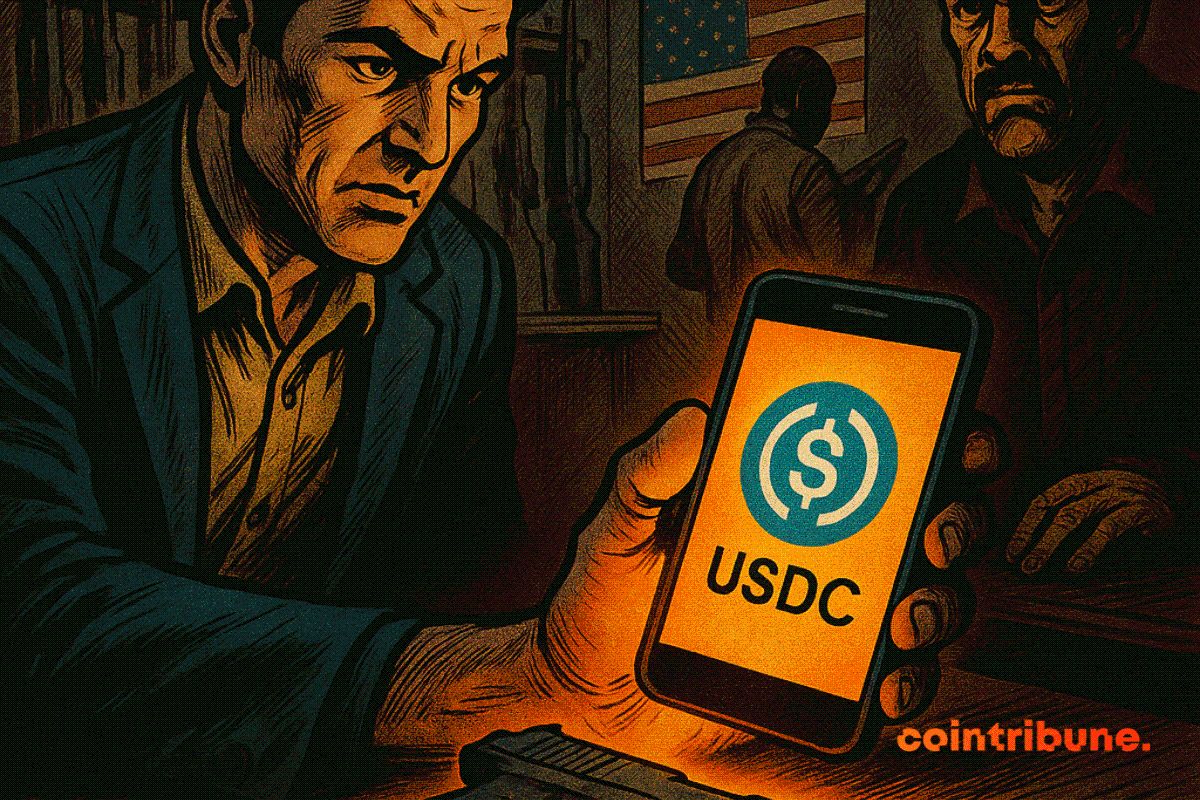BNM Strives to Combine Innovation with Regulation in Advancing Tokenization
- BNM launches 3-year RWA tokenization plan to boost Malaysia's digital finance leadership in Southeast Asia. - Phased roadmap includes 2026 pilots and 2027 trials, focusing on SME finance, Islamic sukuk, and sustainability tools. - Projects must deliver real-world benefits, blockchain viability, and technical feasibility under BNM's framework. - Collaboration with banks and fintechs aims to enhance transparency and attract ethical investments via Sharia-compliant solutions. - Initiative could reshape fina
Bank Negara Malaysia (BNM) has unveiled a three-year program to investigate the tokenization of real-world assets (RWA), aiming to establish Malaysia as a frontrunner in Southeast Asia’s digital finance sector. The central bank revealed a comprehensive

BNM’s strategy is divided into phases, starting with proof-of-concept and pilot projects in 2026, followed by expanded trials in 2027. The central bank highlighted its careful yet progressive approach, focusing on initiatives that can deliver clear economic value and are technically practical. For example, tokenizing invoices could help close Malaysia’s RM101 billion ($21.5 billion) financing gap for small and medium-sized enterprises (SMEs) by turning invoices into digital tokens, which would speed up and lower the cost of accessing credit, as noted in a
Each project will be assessed based on three main criteria: delivering tangible real-world outcomes, confirming that blockchain is the best solution (not just the default), and ensuring technical feasibility within the current infrastructure. BNM made it clear that conventional methods like APIs may still be more suitable for certain problems, reflecting its practical approach, as reported by Coinfomania. This structure is designed to steer clear of speculative ventures and concentrate on projects that support Malaysia’s economic goals, such as increasing supply chain transparency or validating environmental data for green bonds, according to Fintech News.
BNM is inviting participation from banks, fintech companies, and blockchain developers to submit their use-case ideas by March 1, 2026. The Digital Asset Innovation Hub will act as a platform to test these concepts, encouraging innovation while reinforcing Malaysia’s regulatory environment for digital assets. This collaborative strategy is similar to efforts underway in Singapore and Hong Kong, where regulators are also piloting tokenized assets to strengthen financial infrastructure, Fintech News reported.
If the plan succeeds, it could transform Malaysia’s financial sector by making lending, asset management, and trade finance more efficient. For instance, tokenized supply-chain solutions could enhance payment tracking and minimize delays for SMEs, while programmable payment tokens could automate government payouts or escrow services, as Fintech News further explained. The initiative also seeks to advance Malaysia’s leadership in Islamic finance by developing Sharia-compliant blockchain solutions, which could attract international investors interested in ethical finance, according to the TradingView report.
By combining innovation with regulatory oversight, BNM’s approach positions Malaysia as a prudent yet progressive center for regulated tokenized finance. With pilot programs set to launch in 2026, the central bank’s strategy could serve as a model for other countries looking to integrate blockchain into traditional finance without sacrificing stability, Coinfomania noted.
Disclaimer: The content of this article solely reflects the author's opinion and does not represent the platform in any capacity. This article is not intended to serve as a reference for making investment decisions.
You may also like
Bitcoin News Today: Bitcoin’s $106K Floor Turns Into Key Battle Zone Between Bulls and Bears Amid Diverging Derivatives
- Bitcoin fluctuates near $100K as price drops 2.7% in 24 hours, with 14% decline from its $126K all-time high. - Derivatives data shows 62.6% higher trading volume but falling open interest, signaling short-term uncertainty and position closures. - Binance's CVD indicator drops to 0.777 from 0.91, suggesting waning demand from large traders despite stable BTC prices. - Technical indicators highlight $106K support and $111K resistance, with risks of stagnation if CVD falls below 0.70. - Institutional deman
Supreme Court to Rule on Whether Trump's Tariffs Exceed Presidential Powers
- U.S. Supreme Court will decide if Trump's 50% "Liberation Day" tariffs violate constitutional limits on executive power. - Legal challenge argues IEEPA doesn't authorize unbounded tariffs, with lower courts ruling against the 2019-2021 measures. - Economists estimate tariffs cost households $1,800/year while generating $223B revenue for Treasury. - Ruling could redefine presidential trade authority, either limiting future unilateral actions or expanding executive power precedents.

Bitcoin: Trump Seeks to Reassert U.S. Control Amid China’s Crypto Offensive

Polkadot (DOT) Flashes Potential Bullish Reversal Setup – Will It Rally Higher?
